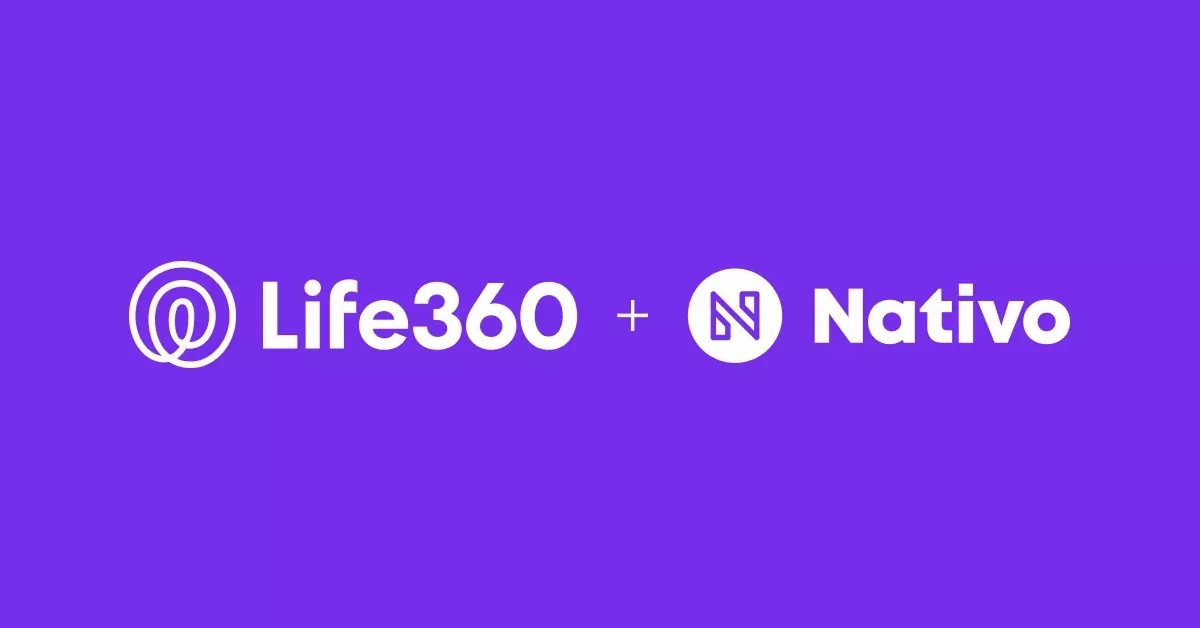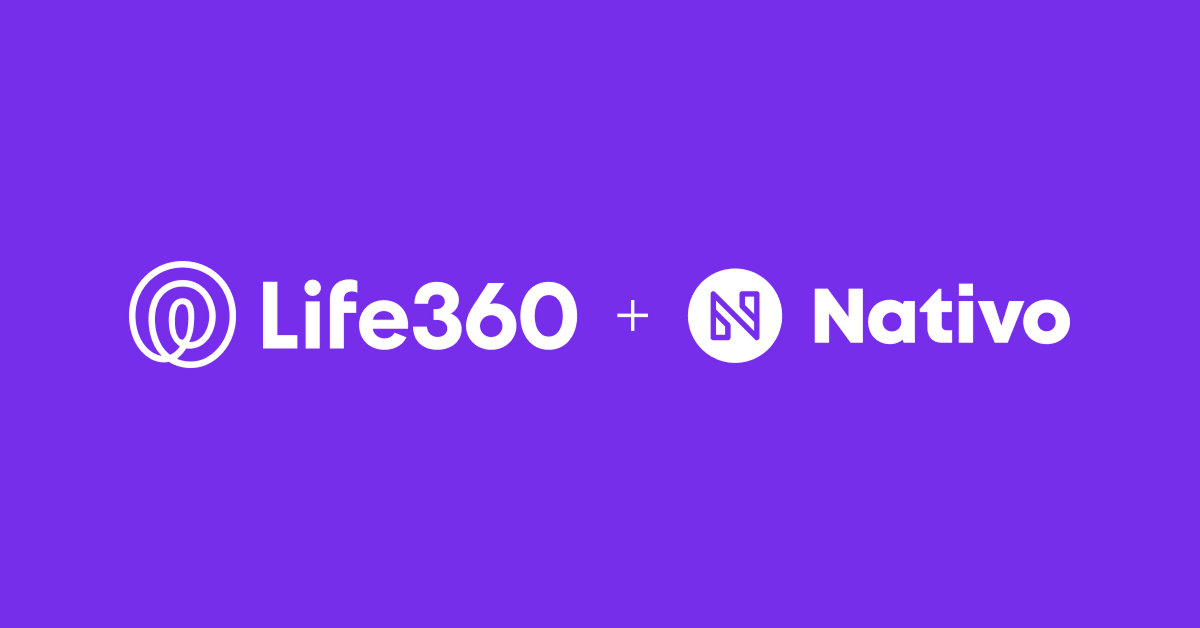Nativo Reacts To DOJ Case Against Google

“Google abuses its monopoly power to disadvantage website publishers and advertisers who dare to use competing ad tech products in a search for higher quality, or lower cost, matches." - U.S. Department of Justice
For too long, Google has used it market dominance in Ad Tech along with shady business tactics to strong-arm Google Ad Manager into a position as the default platform for publishers seeking to monetize their digital content. But being default is not the same as being best, for publishers or the industry as a whole. The remedies specified in the DOJ’s case could help reset this default and open up Ad Tech to competition and innovation, while improving the open internet for everyone.
Brief History Lesson.
Publishers monetize their sites through direct and indirect selling of ads. Typically, a publisher sells as much of their inventory as they can directly, through their own sales team, and then opens up the rest to an—ideally—competitive market of secondary sellers. These are two separate activities that support each other and should be independent decisions made by publishers, depending on the best technology partners for each use case. Google has tied these decisions together by requiring the use of Google Ad Manager in order to receive demand from Google’s ad exchange. They also cross-subsidize GAM, keeping its price low so they can extract more value through their exchange. Publishers are forced to use both if they want either product.
Why does the industry have a problem?
What has resulted is a complex web of technologies designed to work both around and within Google’s constraints. Header Bidding technology allows third parties to participate in a jerry-rigge auction inside GAM and third-party ad servers attempt to “piggyback'' unique ad serving capabilities on top of GAM. In combination with the already slow and clunky GAM, this makes the process for publishers inefficient and the experience for users on the open web painful.
Another major issue with Google Ad Manager's monopoly is that it has resulted in a reduction of bargaining power for publishers. By relying on a single platform, publishers are limited in their ability to negotiate terms and conditions with advertisers. This can lead to lower ad revenues for publishers and reduced earnings for content creators.
With the market dominated by a single player, there is less incentive for other companies to invest in developing new ad server technologies and solutions. This has stifled the growth and advancement of the ad tech industry, and has prevented the development of new and innovative solutions that could benefit both publishers and advertisers.
How things would improve if the DOJ was successful?
What would be the result if the DOJ’s case is successful and GAM and AdX are forced to operate independently? Publishers would immediately use AdX in competition with other exchanges to improve results as part of a fair auction. An independent GAM would have to charge a sustainable price, allowing others to compete. Publishers would look at alternative ad servers that might make their operations more efficient, improve results, or simply provide a better user experience on the open web. A new dynamic would be set in motion, creating a competitive publisher tech landscape that was more innovative, more effective, and healthier.
What does this mean for Nativo?
Nativo has coexisted in this environment as an alternative option, focused on innovating for Native, an area Google largely ignores. Our publisher partners recognize the benefits of more appealing ad formats, better user experience, speed, and advanced creative tools, but stop short of replacing Google, opting to run our tech in parallel (and paying for both).
In a more competitive market, we would provide a holistic solution that supports legacy ad formats like traditional display, and also includes the advanced native formats that Nativo pioneered. Publishers would still have access to supplemental demand from an independent AdX but wouldn’t pay the extra cost of a redundant ad serving platform. Consumers on the web would get faster page load times and a more integrated advertising experience.
What is the impact on users?
The biggest victims are average consumers of content on the web, who must live with websites bogged down by workarounds and out of date technology. Google's lack of innovation has resulted in banner blindness and ad blocking, both unsurprising reactions to poor consumer experiences. Consumers prefer ad experiences that inform, educate, and delight, instead of ads that annoy. They deserve the benefits of a thriving and self-sustaining open web.
In conclusion.
By limiting competition and stifling innovation, Google’s dominance in ad serving has resulted in reduced bargaining power for publishers, reduced earnings for content creators, and increased costs for advertisers. The remedies called for in the DOJ case would help address these imbalances and promote greater competition and innovation to benefit publishers, advertisers, and consumers, creating a better internet.


.jpg)

